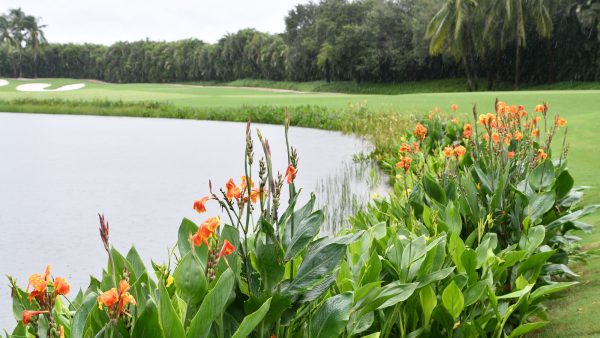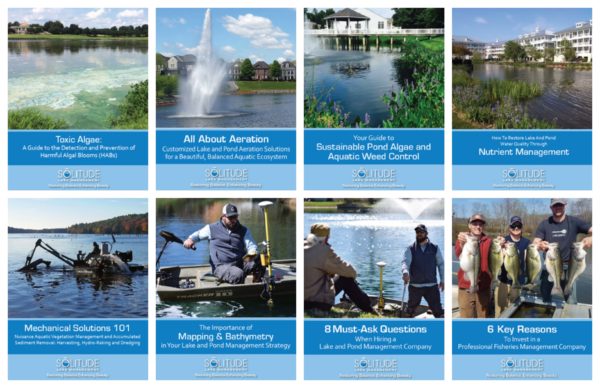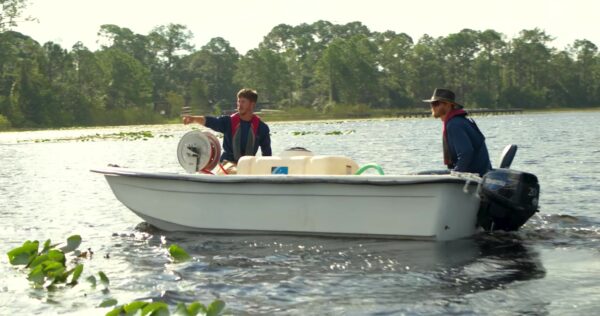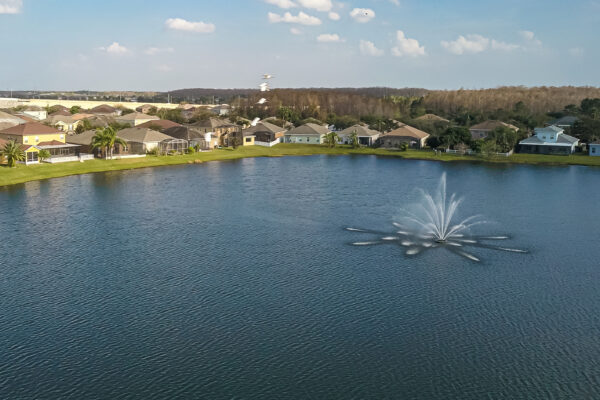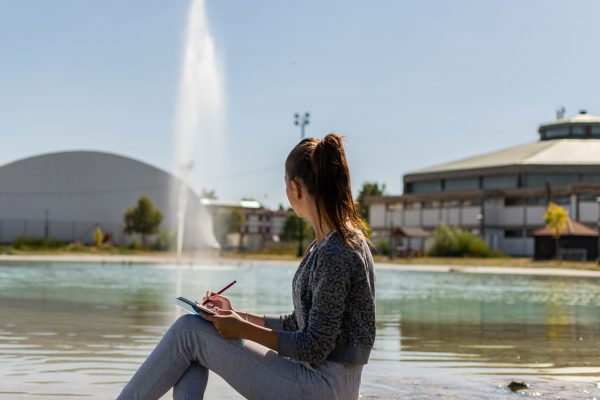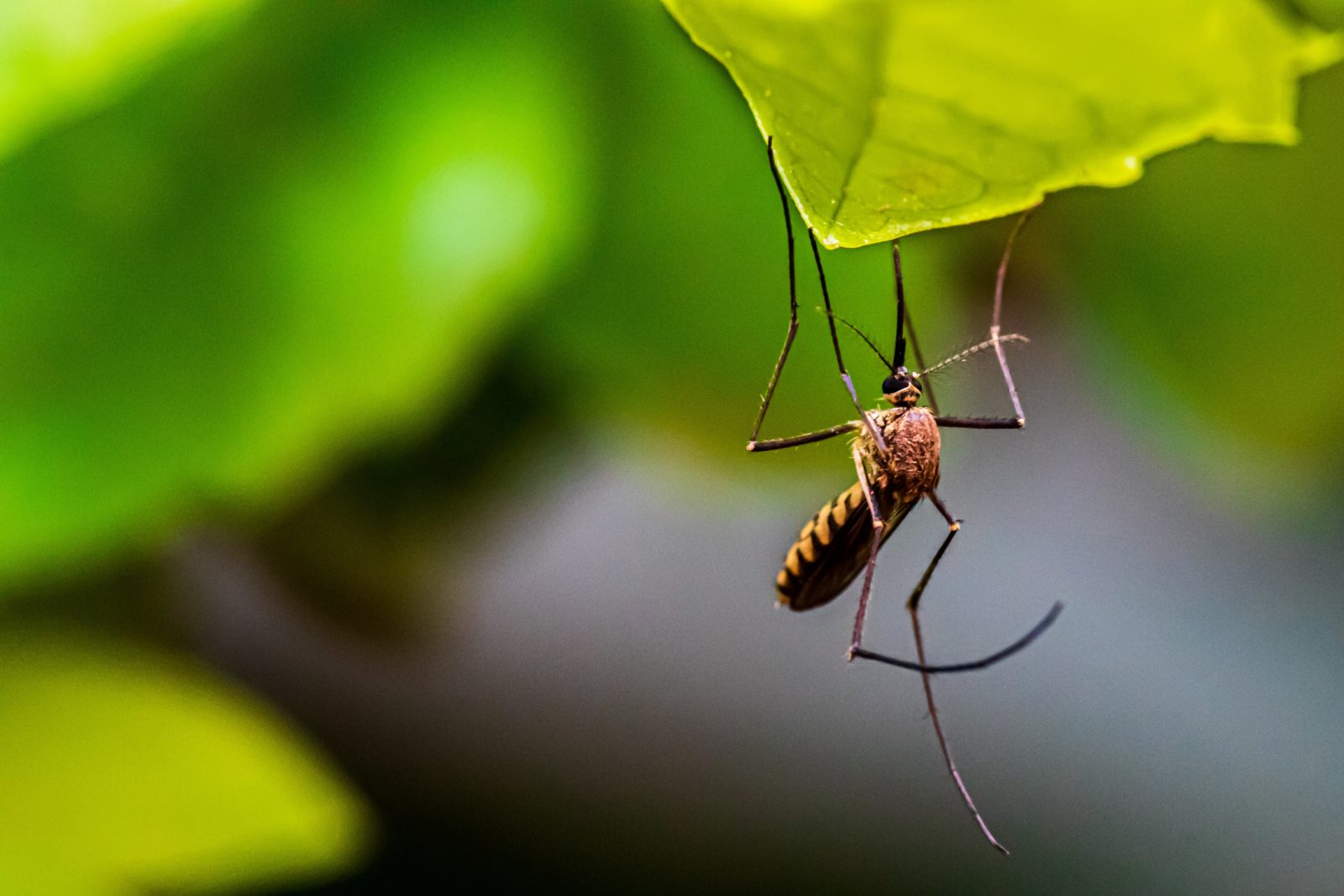
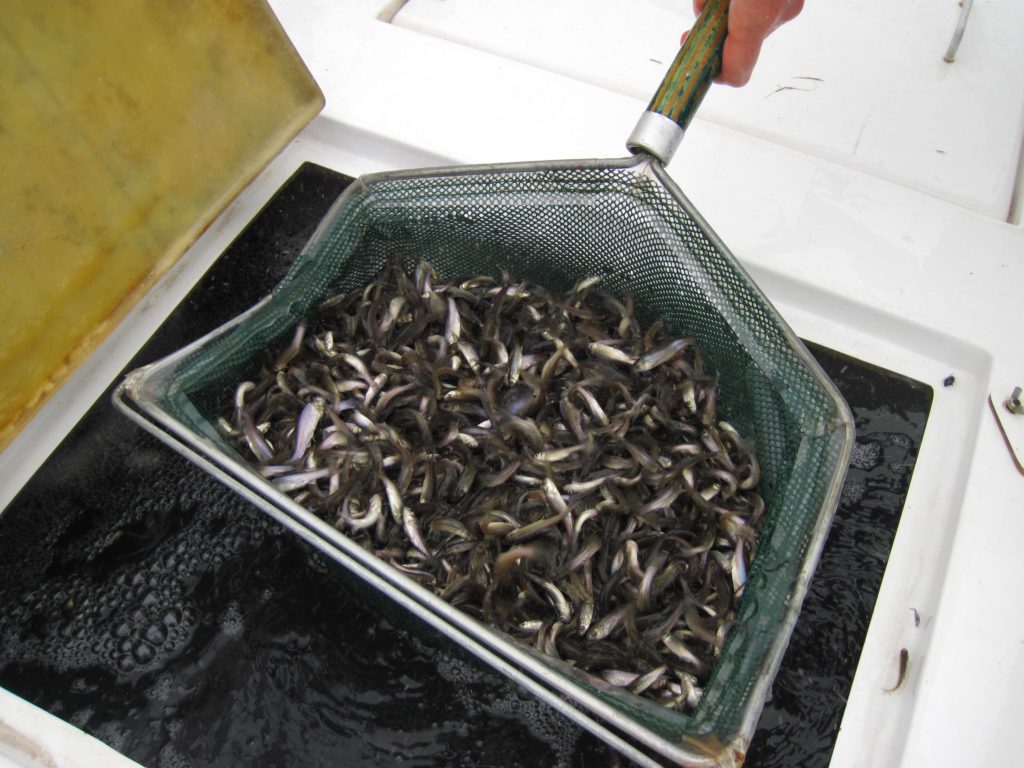
Stocking Minnows: A Natural Method For Mosquito Control
Winter has definitely shown us some varying weather this year which has many of us longing for spring. When warm temperatures approach, your pond(s) will once again become a focal point and gathering spot in your community.
Unfortunately, as spring arrives, pesky mosquitoes also begin to appear and try to ruin the warm weather fun. Implementing a mosquito control plan in early spring is your best bet for combating these pests throughout the summer.
Reducing mosquito populations is a common goal for most pond owners. It is well known that mosquitoes can spread both diseases and viruses while also being a nuisance. Mosquitoes place their eggs on the surface of calm, stagnant water where they incubate and hatch. The more water movement in your pond, the fewer opportunity mosquitoes will have to reproduce. Therefore, ponds with aeration will have fewer calm areas available for mosquito reproduction, but unfortunately, pockets of calm water may still be present. These pockets of calm water provide mosquitoes with the appropriate conditions needed to reproduce.
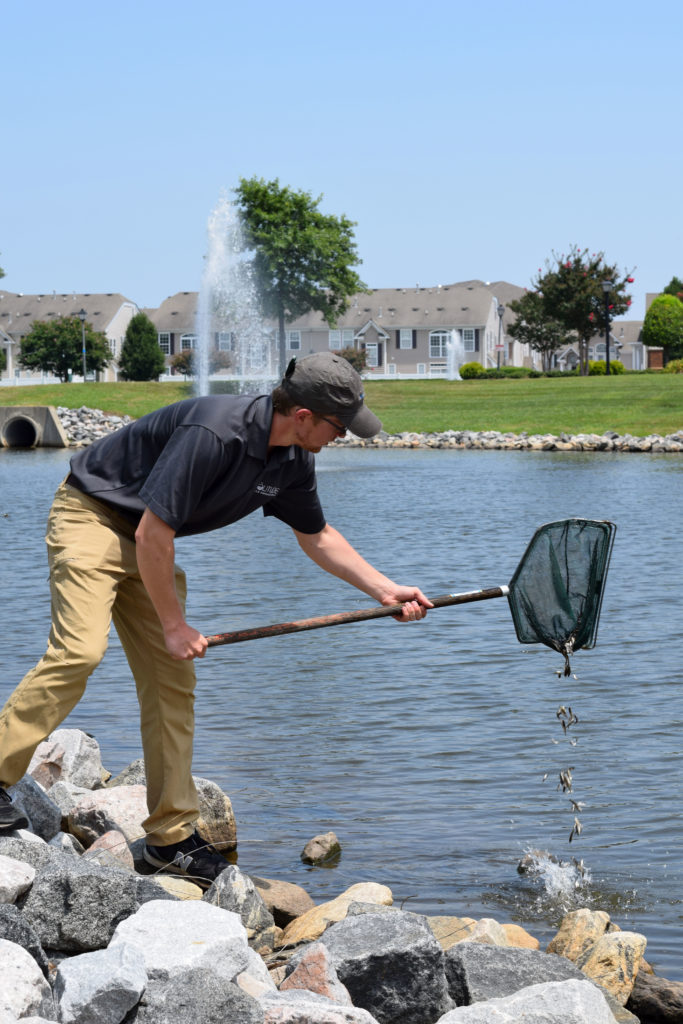
One unique, affordable and natural solution to reduce mosquito reproduction success is to stock minnows in your pond. Fathead Minnow populations reproduce frequently and feed on mosquito larvae, making them great candidates for mosquito control. Many ponds have minnows, but due to predation, their populations become depleted and need to be replenished, often times annually. To aid in reducing mosquitoes on your property, consult with your lake and pond management professional or fisheries biologist to determine the right amount of minnows to stock this year.
If you do not currently have pond aeration and beneficial vegetation, in and around your pond, you will want to discuss these environmentally friendly and natural mosquito control methods as well. Find out the best type of aeration, whether a floating fountain or submersed pond aerator, for the size, shape and depth of your pond to keep the water circulating at all times. Beneficial buffers and plants both provide habitats for dragonflies, which are predators and make mosquitoes a primary meal. Studies have shown that a single dragonfly can consume 30-100 mosquitoes in a day.
Lastly, be sure to take a walk around your community and dump any buckets or pots filled with water and be sure areas of stagnant water are not present as the temperatures warm up this spring. Spring will be here before we know it. Plan now to avoid pesky mosquitoes from ruining your spring and summer fun.
SOLitude Lake Management is an environmental firm committed to providing full-service solutions that improve water quality, preserve natural resources, and reduce our environmental footprint. Our services include lake, pond, wetland, and fisheries management programs, algae and aquatic weed control, mechanical harvesting, hydro-raking, installation and maintenance of fountains and aeration systems, water quality testing and restoration, bathymetry, lake vegetation studies, biological assessments, habitat assessments, invasive species management and nuisance wildlife management. Services, consulting, and aquatic products are available to clients nationwide, including homeowners associations, multi-family and apartment communities, golf courses, commercial developments, ranches, private landowners, reservoirs, recreational and public lakes, municipalities, parks, and state and federal agencies. Learn more about SOLitude Lake Management and purchase products at www.solitudelakemanagement.com

